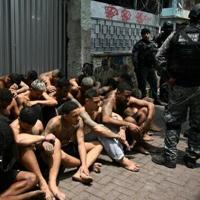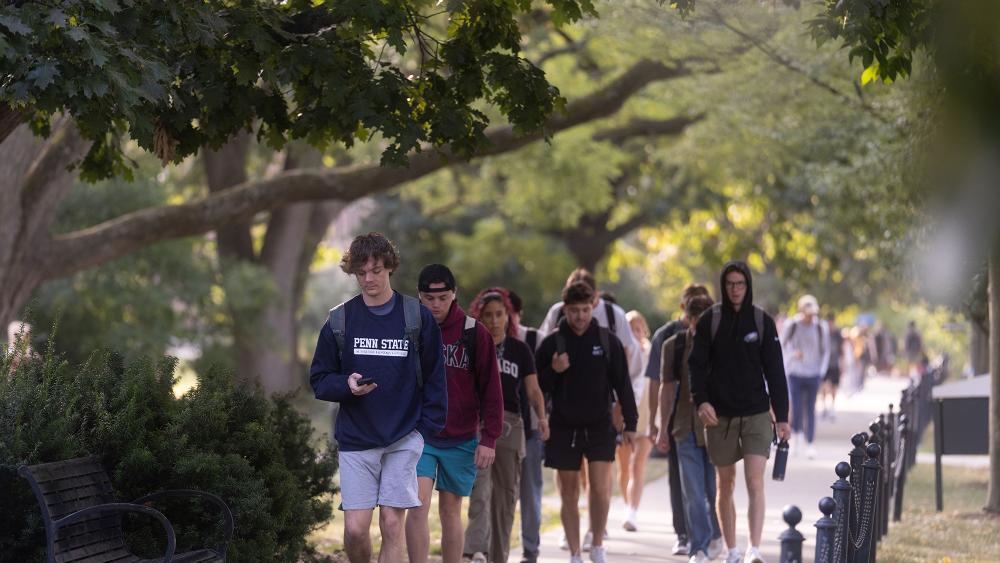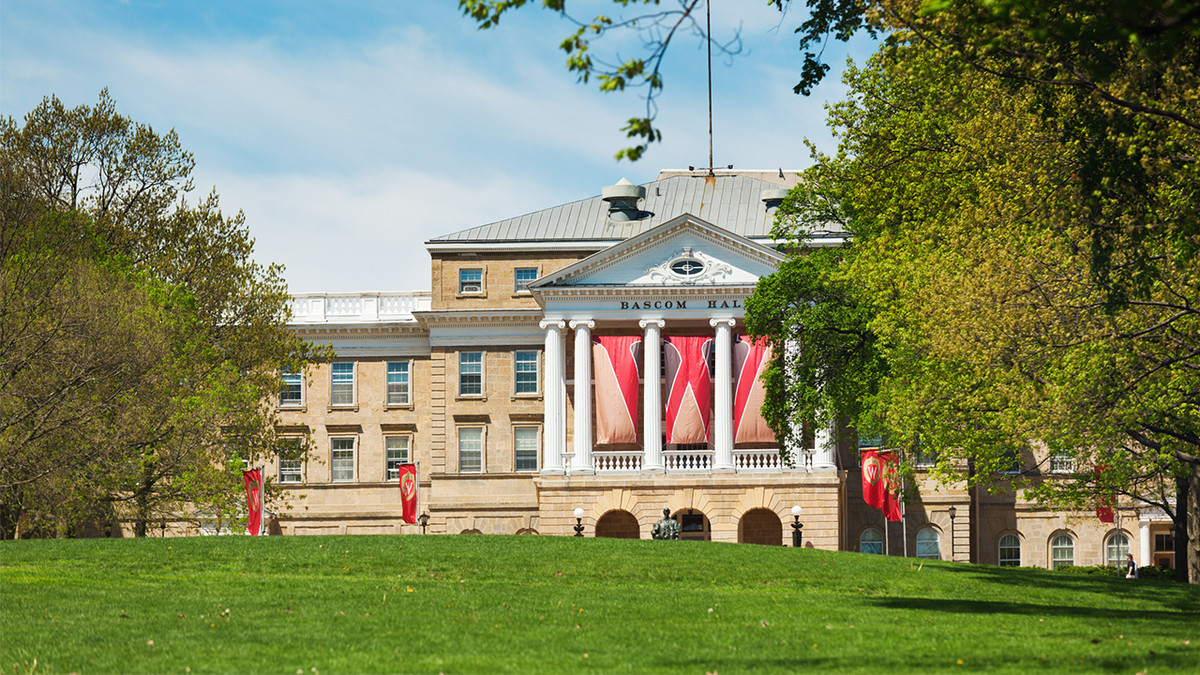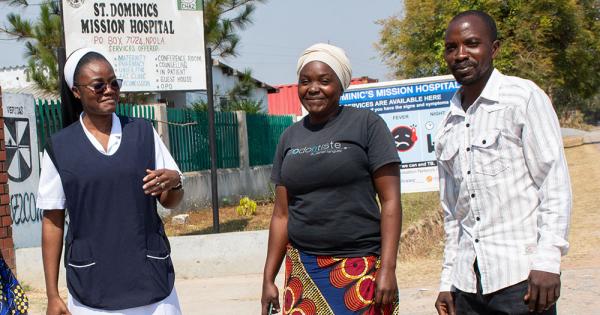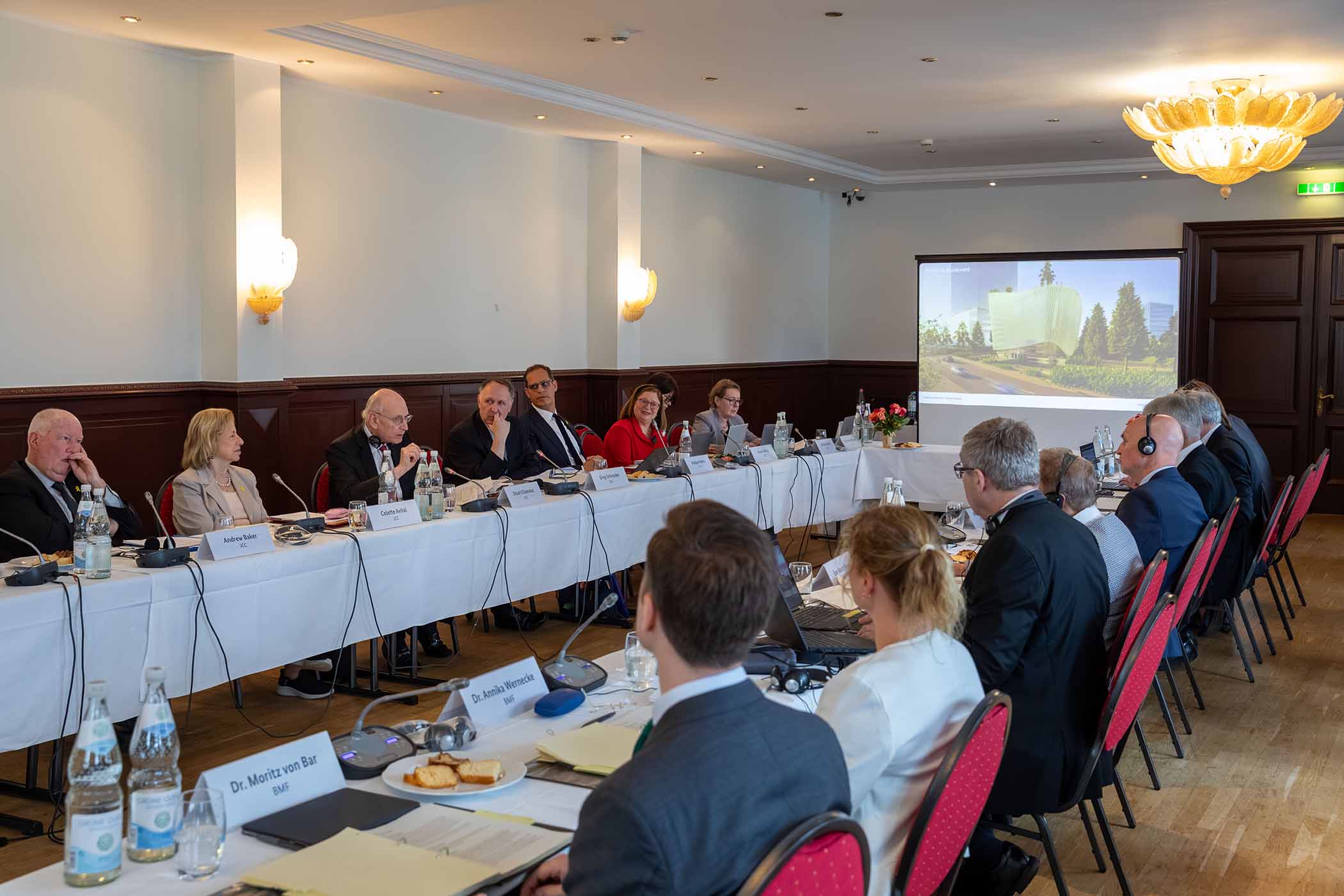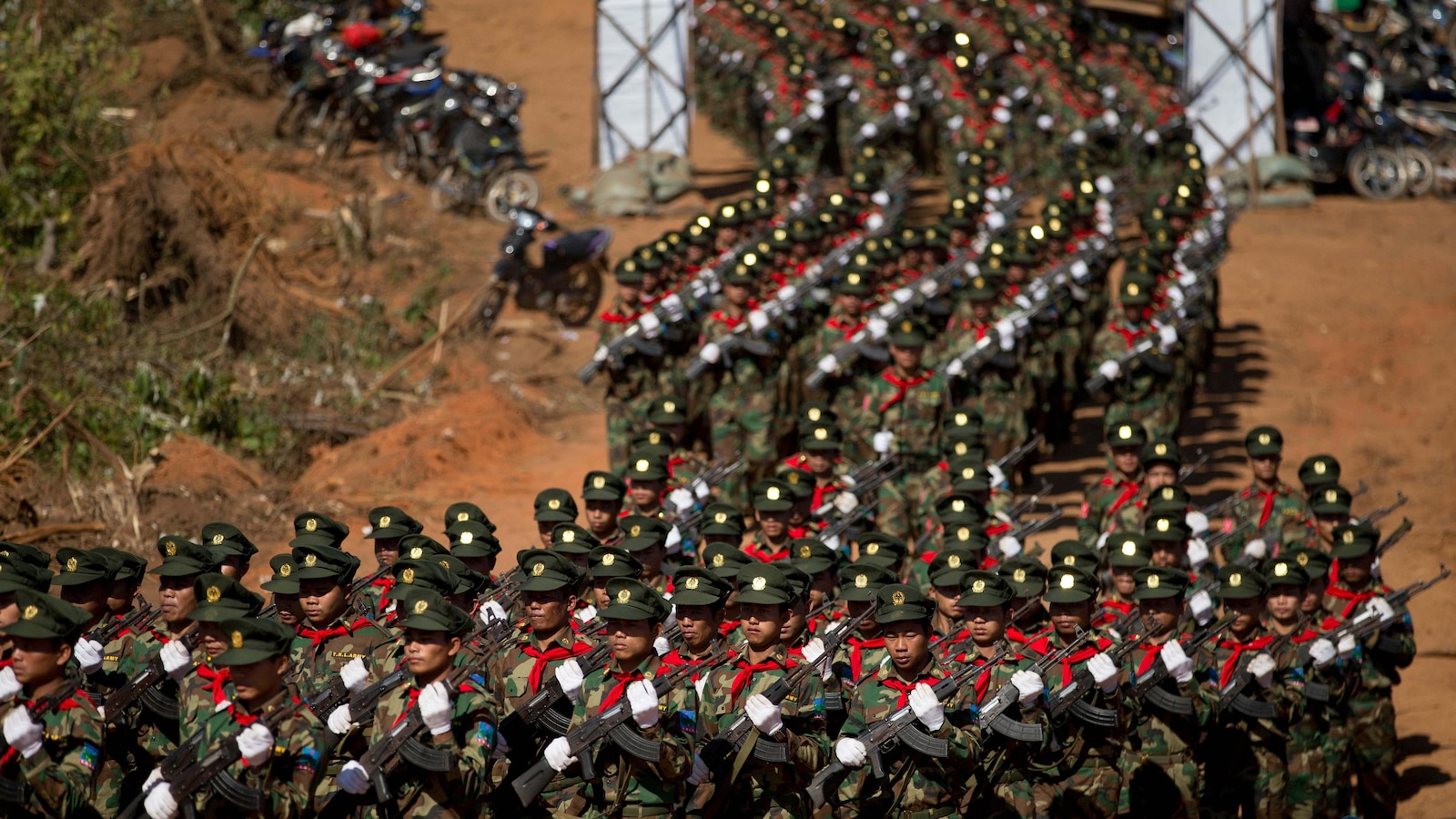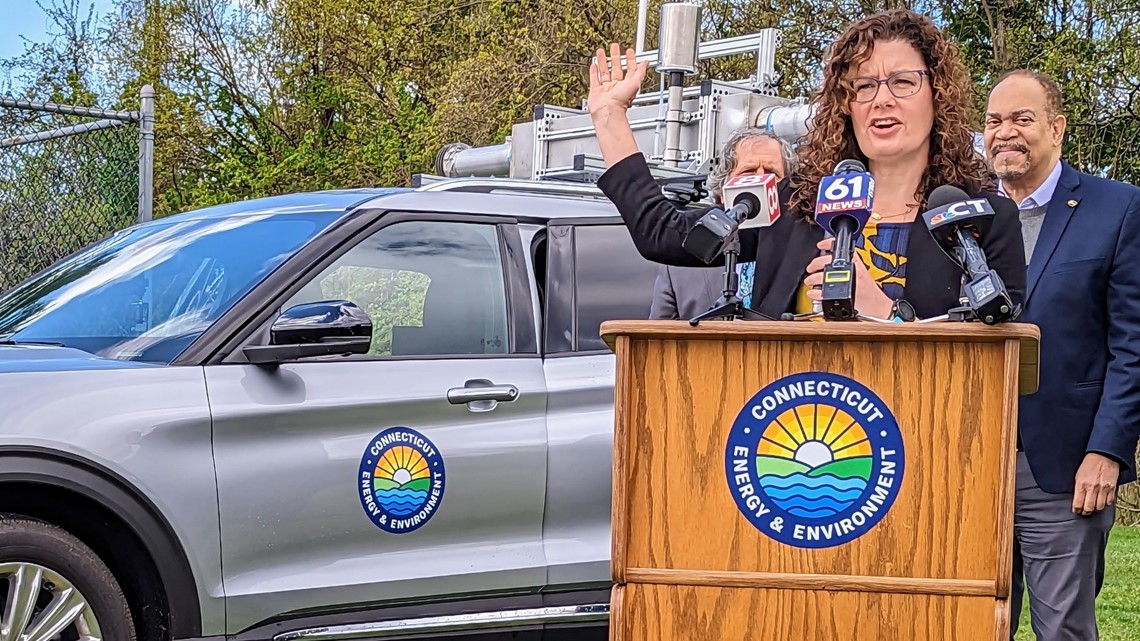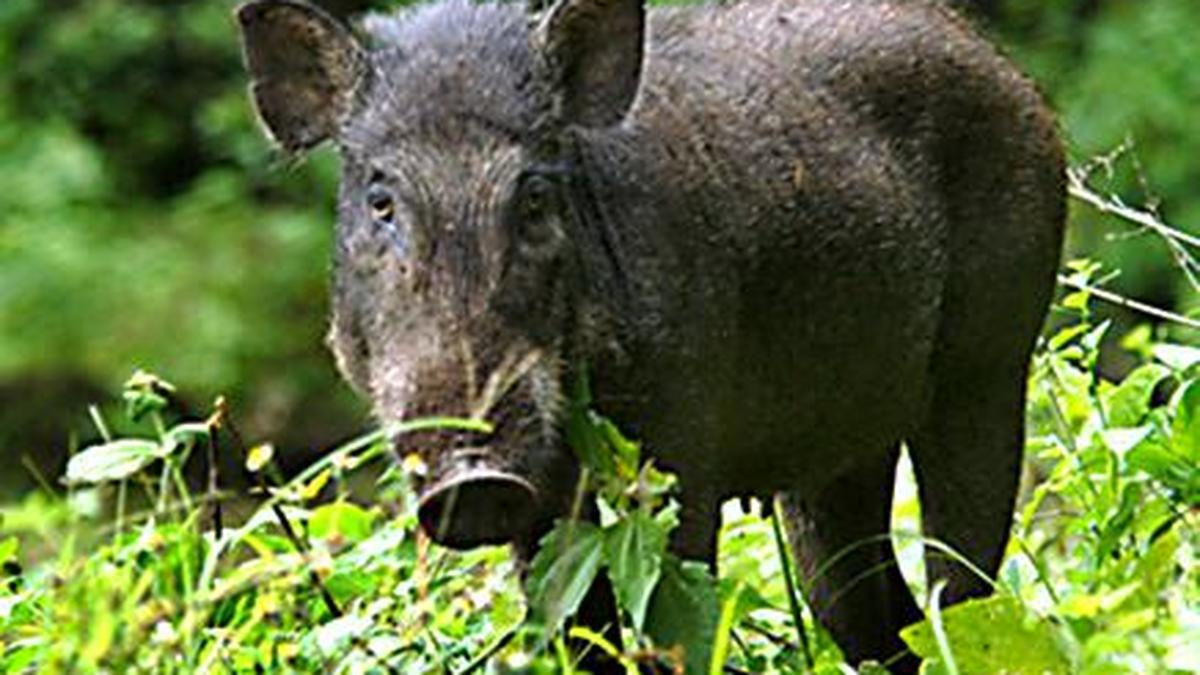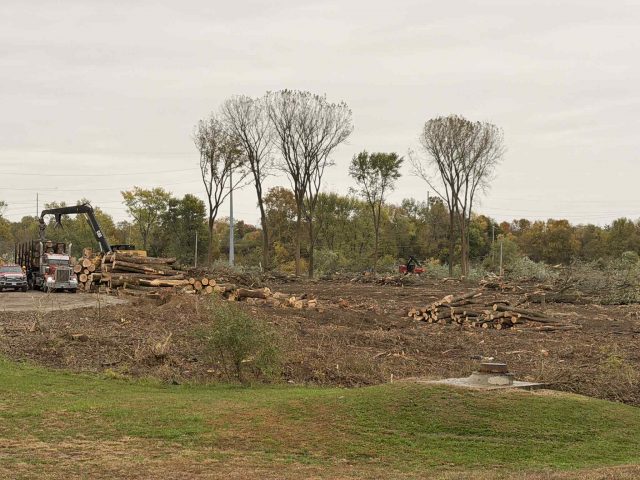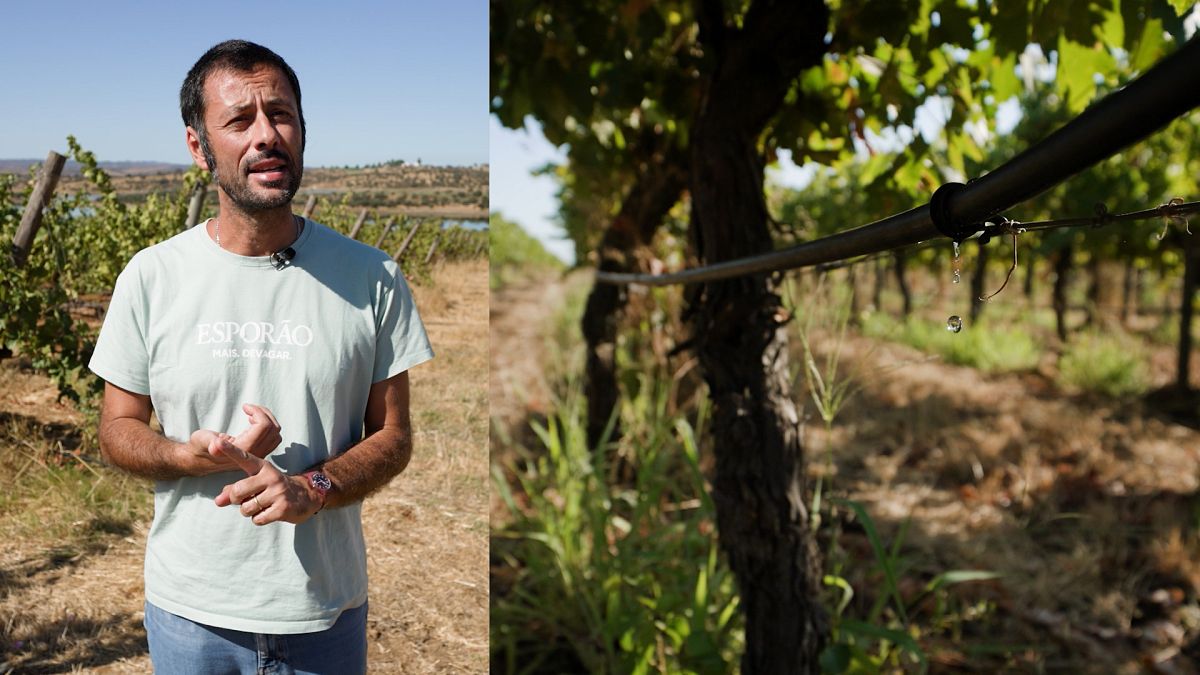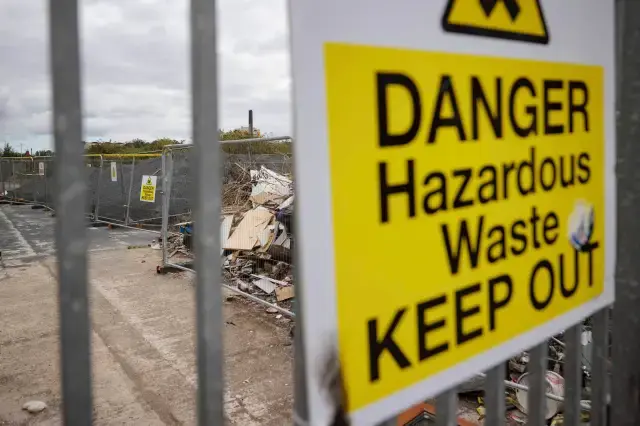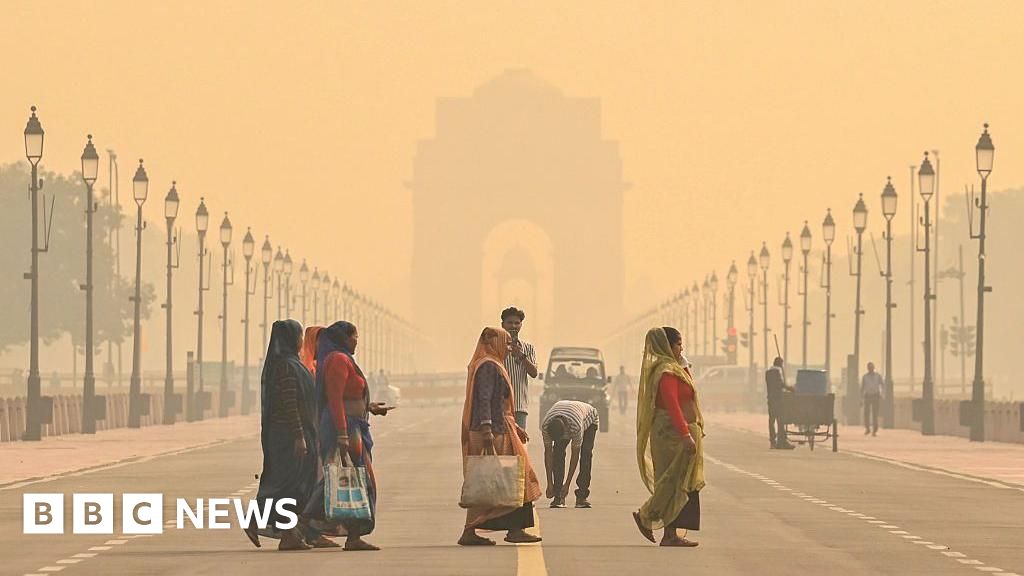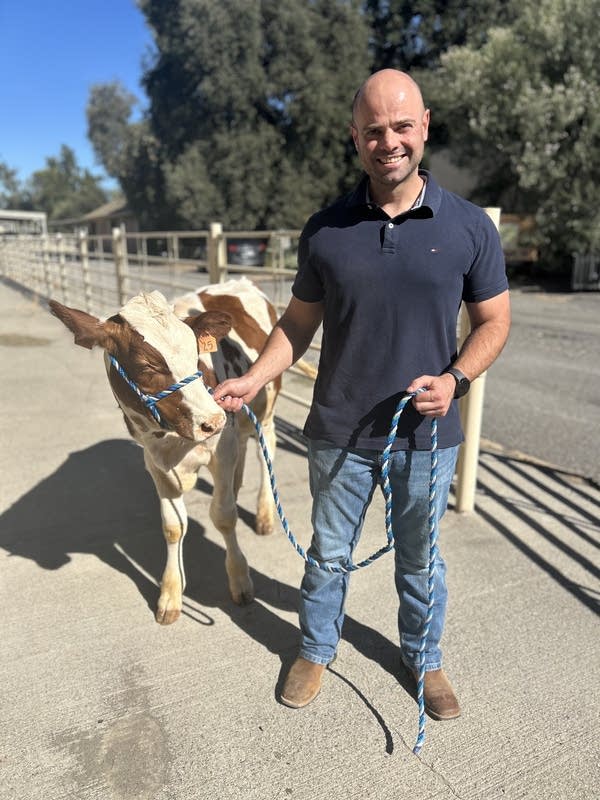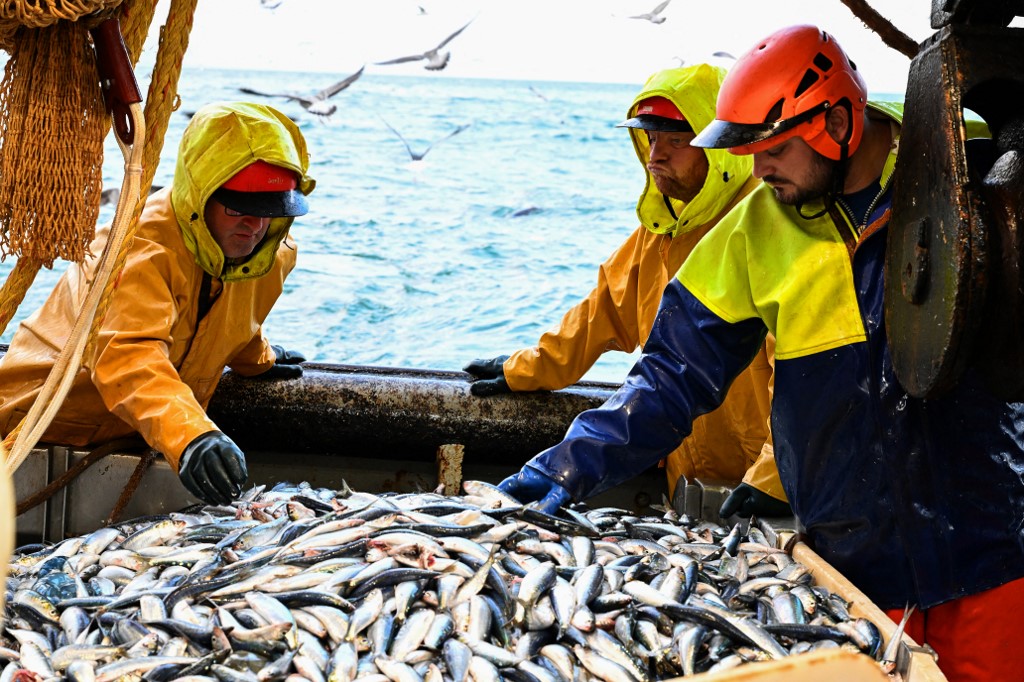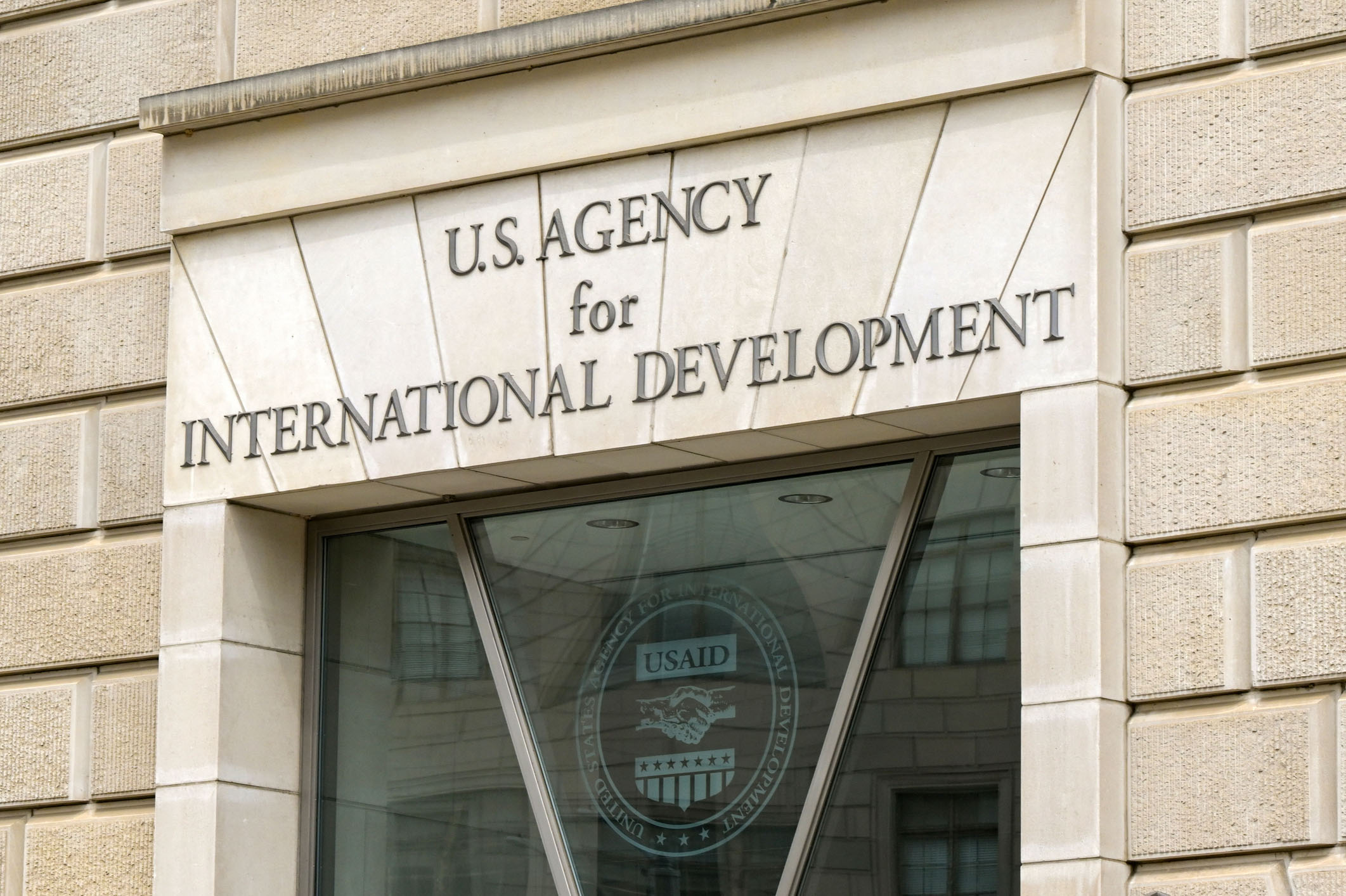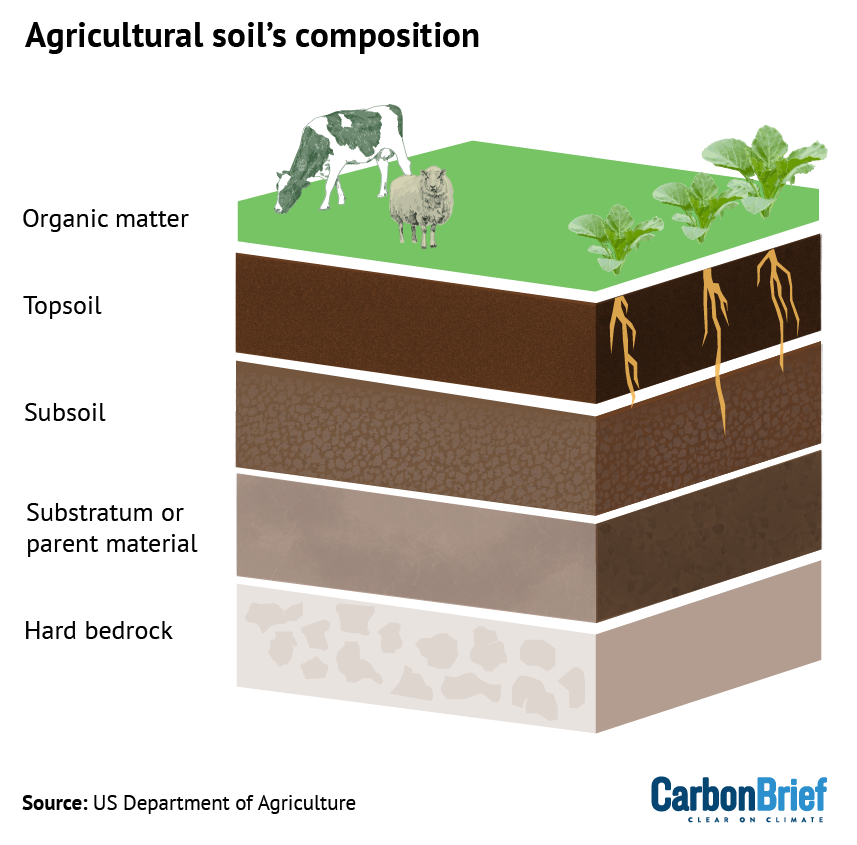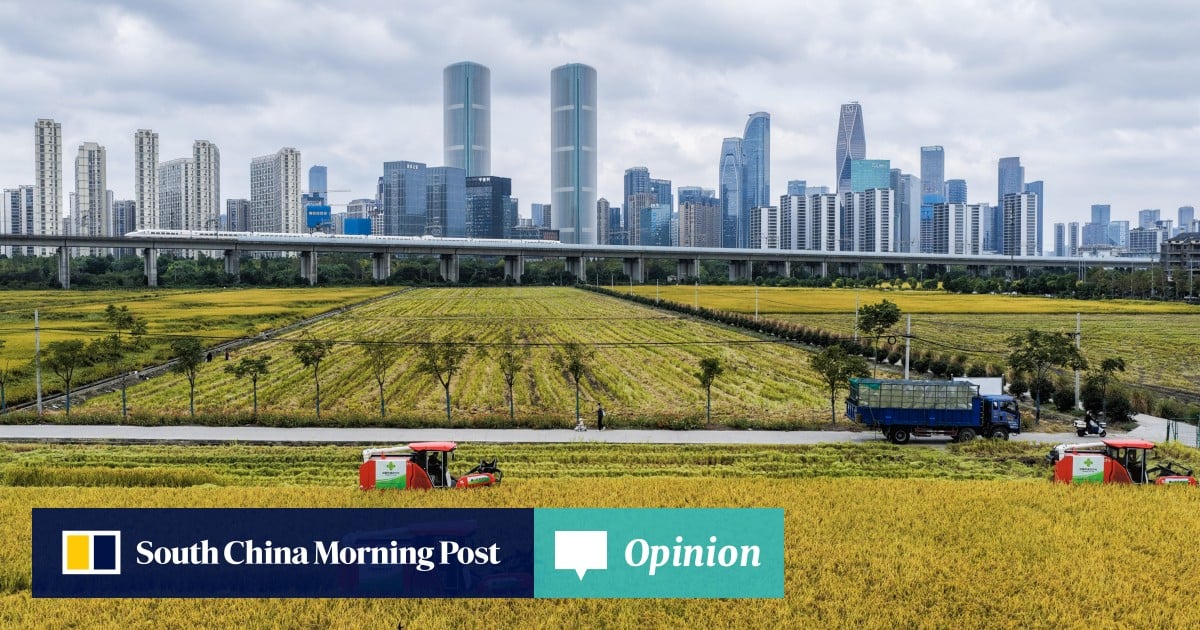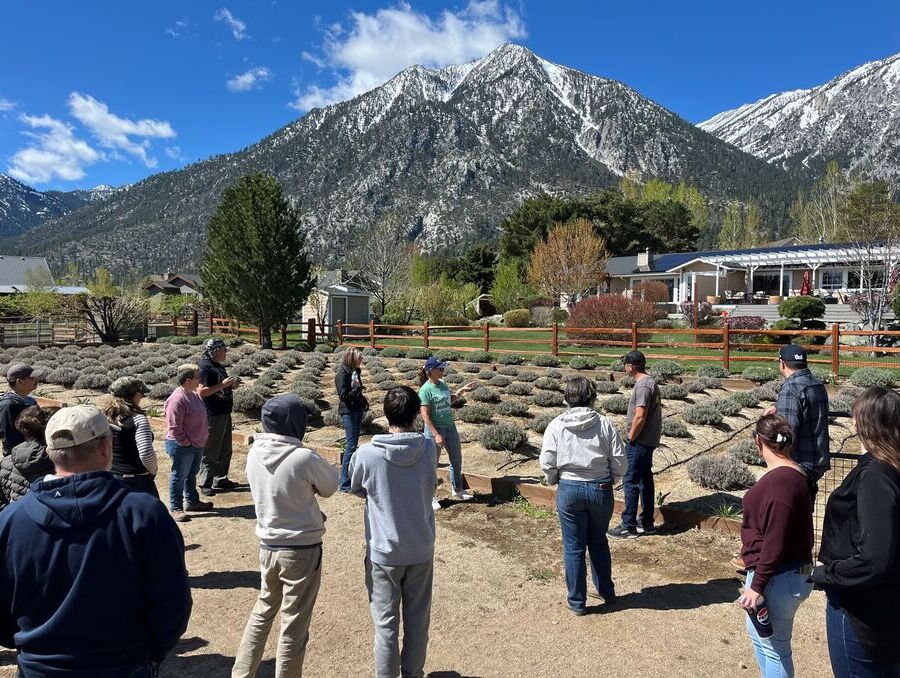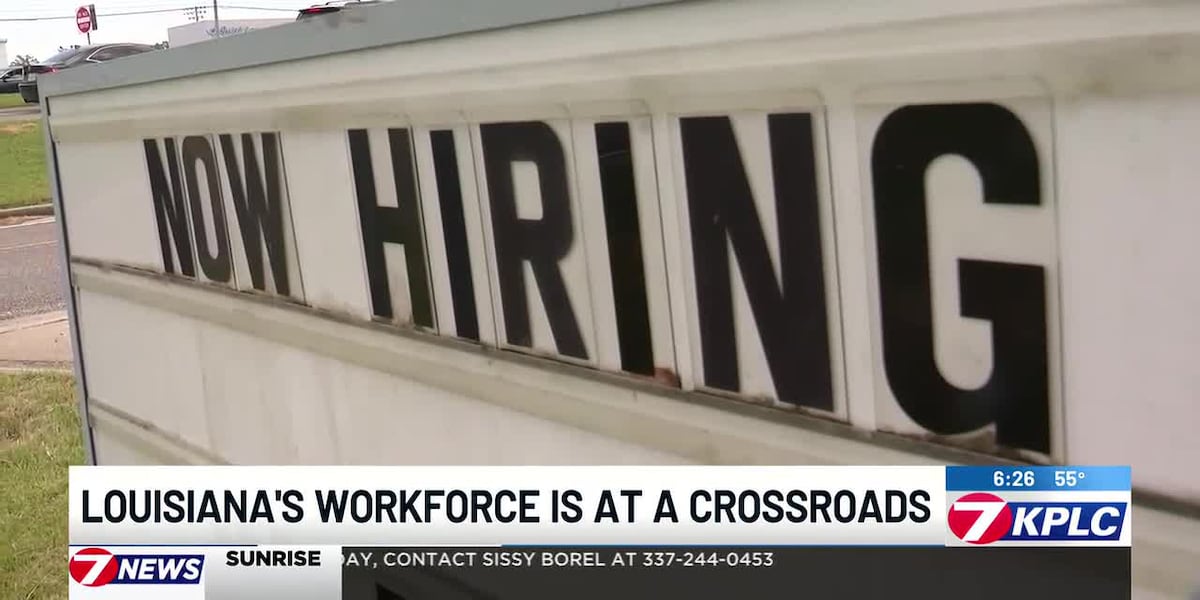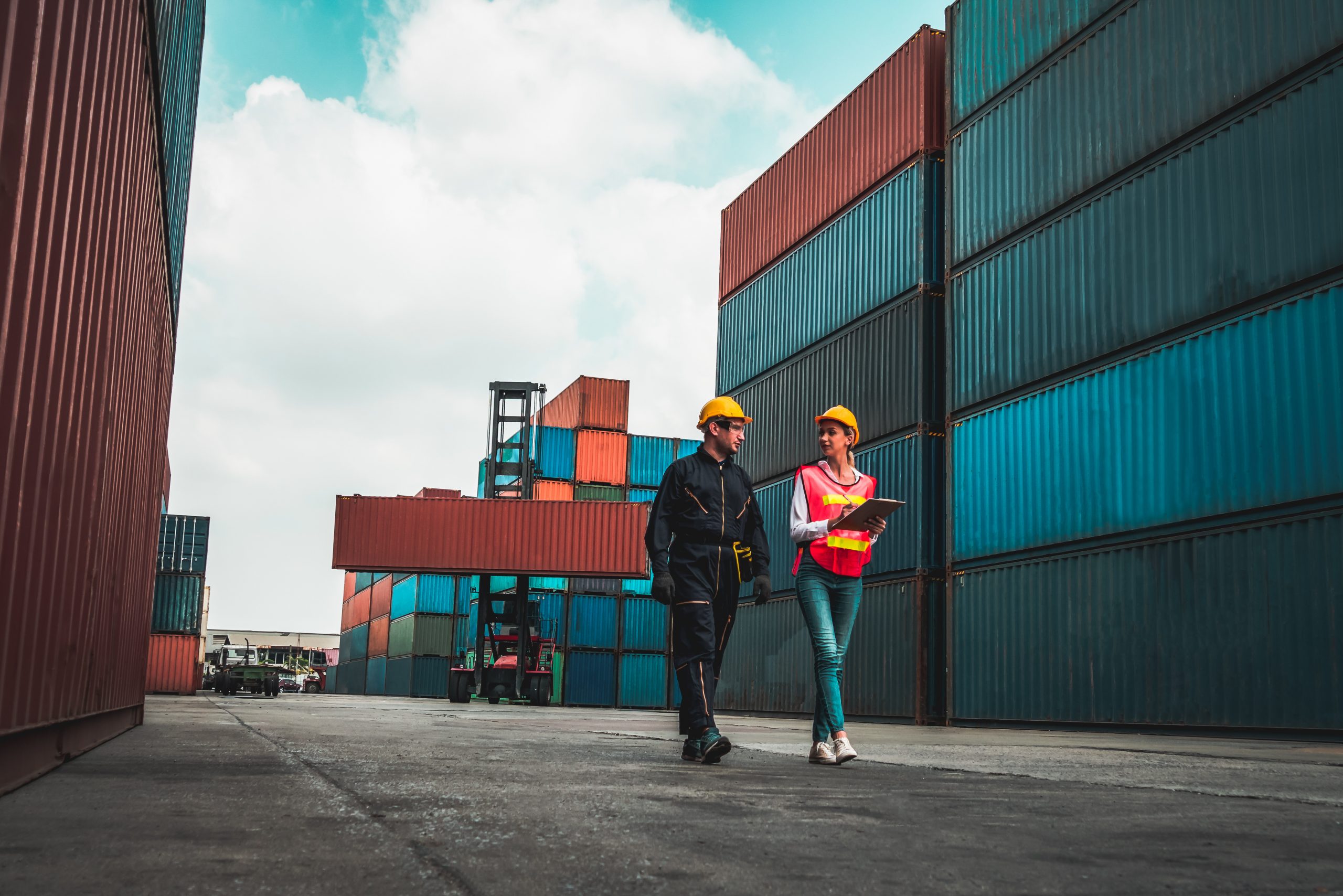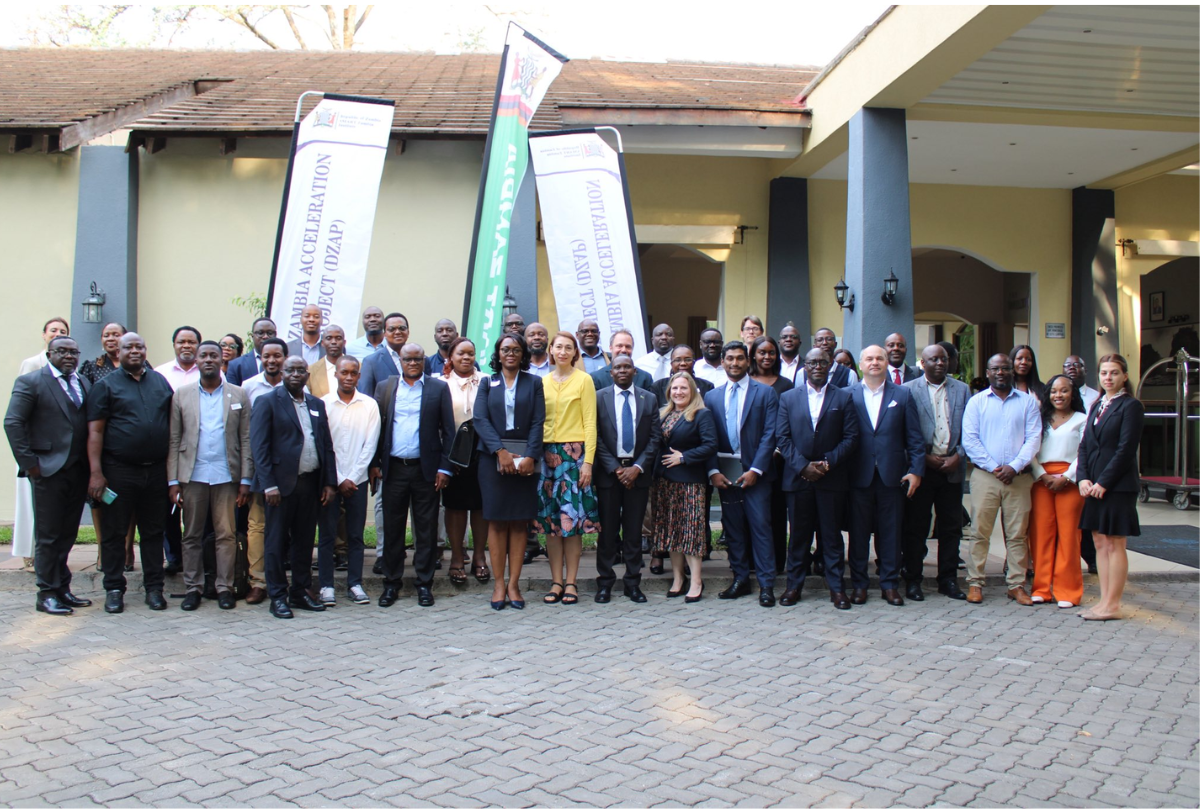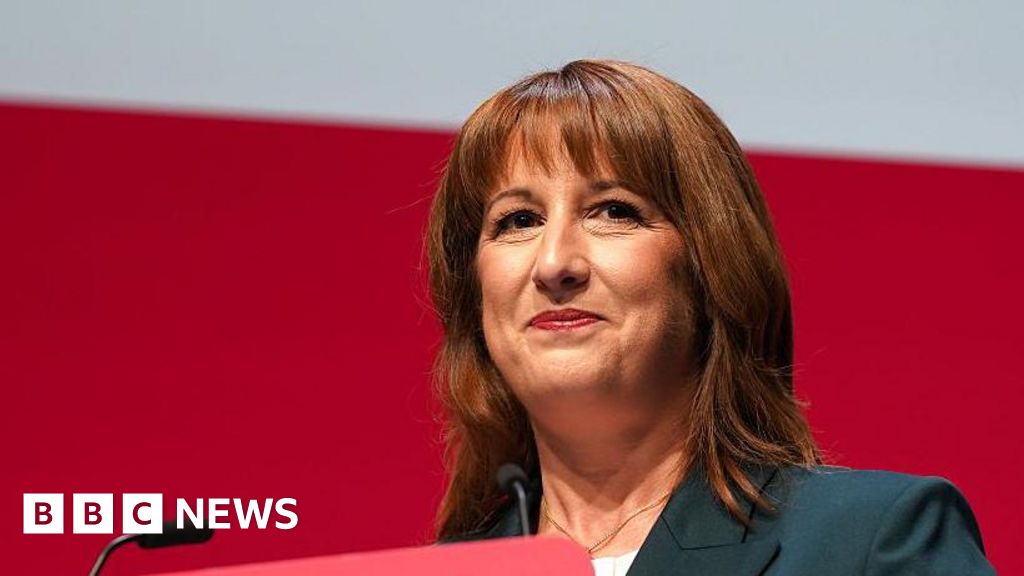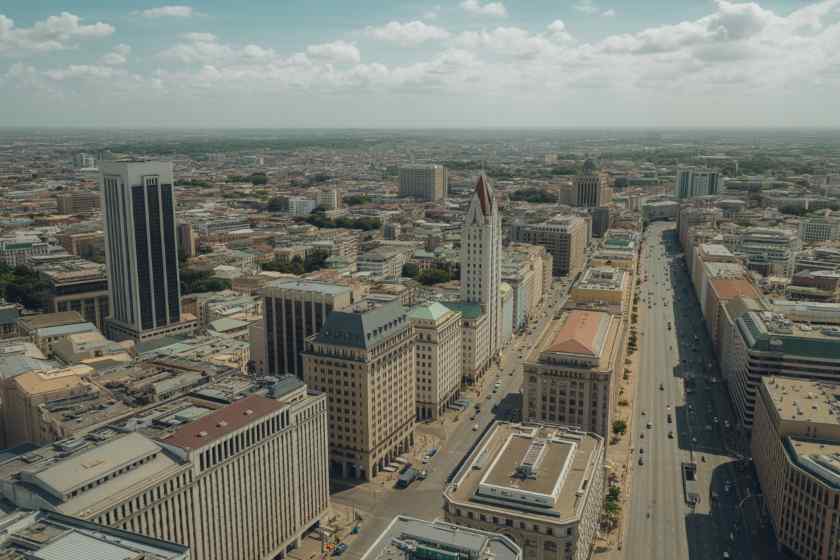Oluyole Golf Tournament Shaping Oyo State’s Sports Tourism And Economic Growth – Travel And Tour World

Report on the Oluyole Golf Tournament’s Role in Advancing Sustainable Development in Oyo State
Executive Summary
This report analyzes the 2025 Oluyole Golf Tournament as a strategic initiative by the Oyo State government to leverage sports tourism for sustainable development. The event is a significant catalyst for local economic growth, infrastructure development, and community enhancement, aligning directly with several United Nations Sustainable Development Goals (SDGs), particularly SDG 8 (Decent Work and Economic Growth), SDG 9 (Industry, Innovation, and Infrastructure), SDG 11 (Sustainable Cities and Communities), and SDG 17 (Partnerships for the Goals).
Alignment with Sustainable Development Goal 8: Decent Work and Economic Growth
The tournament is a key driver for stimulating the local economy and creating employment opportunities, directly contributing to the objectives of SDG 8.
Economic Impact Analysis
- Increased Local Commerce: The influx of 120 to 150 golfers, along with tourists and sports enthusiasts, is projected to cause a surge in patronage for local businesses, including hotels, restaurants, and transportation services.
- Job Creation: The event supports direct and indirect employment in the hospitality and tourism sectors, promoting decent work for the local population.
- Long-Term Investment: The tournament serves as a platform to attract further investment. The organizer’s intent to establish an industrial presence in Oyo State exemplifies how sports tourism can lead to economic diversification and sustained growth.
Contribution to SDG 9: Industry, Innovation, and Infrastructure
The government’s strategic efforts to host the tournament are underpinned by significant investments in resilient and sustainable infrastructure, a core target of SDG 9.
Key Infrastructure Developments
- Transportation Networks: The administration has prioritized the improvement of road networks, ensuring safe and efficient travel for residents and visitors.
- Airport Modernization: The upgrade of Ladoke Akintola Airport to international standards is a critical project designed to enhance accessibility for international tourists and investors, positioning Oyo State as a competitive destination.
- Facility Enhancement: The development of world-class sporting facilities is essential for attracting premier events, fostering innovation in the state’s tourism product.
Fostering Progress on SDG 11: Sustainable Cities and Communities
The initiative enhances the urban environment of Oyo State, making it safer, more inclusive, and culturally vibrant, in line with the ambitions of SDG 11.
Community and Cultural Benefits
- Enhanced Safety and Security: A robust security architecture has been implemented to ensure the safety of all visitors, a prerequisite for sustainable tourism and community well-being.
- Promotion of Cultural Heritage: The tournament provides a unique opportunity to showcase the rich cultural heritage of Ibadan and Oyo State, encouraging tourists to explore local sites and contributing to the preservation of cultural assets (Target 11.4).
- Community Engagement: The event fosters a sense of community pride and provides local businesses with opportunities to thrive, creating a positive ripple effect throughout the community.
Exemplifying SDG 17: Partnerships for the Goals
The success of the Oluyole Golf Tournament is a testament to the power of collaboration between public and private sectors, a central theme of SDG 17.
Public-Private Partnership Model
- Government Enablement: The Oyo State government, under Governor Seyi Makinde, has created a favorable policy environment by investing in security and infrastructure.
- Private Sector Leadership: The contributions of private stakeholders, such as tournament organizer Folarin Laosun, are crucial for the event’s execution and success.
- Collaborative Growth: This partnership demonstrates a sustainable model for developing the tourism industry, where government support empowers private initiatives to drive economic and social progress.
Future Outlook: A Model for Sustainable Sports Tourism
Oyo State is positioning itself as a leading destination for sports tourism in Nigeria. By strategically linking sporting events to core development objectives, the state is creating a virtuous cycle of growth. Continued focus on infrastructure, security, and strategic partnerships will ensure that sports tourism remains a powerful tool for achieving the Sustainable Development Goals, expanding the local economy, and enhancing the quality of life for its citizens.
Analysis of Sustainable Development Goals in the Article
1. Which SDGs are addressed or connected to the issues highlighted in the article?
-
SDG 8: Decent Work and Economic Growth
The article extensively discusses how the Oluyole Golf Tournament is a key part of Oyo State’s strategy to use sports tourism to drive the local economy, create business opportunities for hotels, restaurants, and other local enterprises, and generate employment.
-
SDG 9: Industry, Innovation and Infrastructure
The text highlights the government’s efforts to develop quality and reliable infrastructure, specifically mentioning the improvement of road networks and the upgrade of the Ladoke Akintola Airport to international standards to support tourism and economic development.
-
SDG 11: Sustainable Cities and Communities
The article mentions that the tournament provides an opportunity to showcase the “rich heritage and beauty of Ibadan” and encourages tourists to explore the city’s cultural sites, which relates to the goal of protecting and safeguarding cultural heritage.
-
SDG 16: Peace, Justice and Strong Institutions
A significant focus is placed on the government’s efforts to improve security and create a “robust security architecture” to ensure the safety of travelers and residents, which is fundamental for creating peaceful and inclusive societies necessary for sustainable development and tourism.
-
SDG 17: Partnerships for the Goals
The article emphasizes the “strong partnership between the government and stakeholders in the tourism sector” and commends the collaborative efforts of private organizers like Folarin Laosun with the state government, showcasing the importance of public-private partnerships to achieve development goals.
2. What specific targets under those SDGs can be identified based on the article’s content?
-
Target 8.9: By 2030, devise and implement policies to promote sustainable tourism that creates jobs and promotes local culture and products.
The article directly aligns with this target by describing how Oyo State is using sports tourism as a “central part of [its] tourism agenda” and a “major tool to drive the local economy.” The tournament is expected to lead to a “surge in patronage” for local businesses, thereby creating jobs and promoting local commerce.
-
Target 9.1: Develop quality, reliable, sustainable and resilient infrastructure…to support economic development and human well-being.
This target is addressed through the government’s “initiatives focused on improving roads, upgrading the airport, and ensuring safety.” The upgrade of the “Ladoke Akintola Airport to international standards” is a specific example of developing infrastructure to support economic growth through international tourism.
-
Target 11.4: Strengthen efforts to protect and safeguard the world’s cultural and natural heritage.
The article connects to this target by stating that the event “offers an opportunity to showcase the rich heritage and beauty of Ibadan and the broader Oyo State” and that tourists will have the “chance to explore the city’s cultural sites.”
-
Target 16.a: Strengthen relevant national institutions…to build capacity at all levels, in particular in developing countries, to prevent violence and combat terrorism and crime.
While not mentioning crime prevention directly, the article’s focus on reinforcing the “safety of travelers” through a “robust security architecture that ensures peace of mind for visitors” points to efforts to strengthen institutions responsible for security, which is crucial for a stable society and successful tourism.
-
Target 17.17: Encourage and promote effective public, public-private and civil society partnerships.
This target is clearly identified in the section “Government Support for Tourism Stakeholders,” which highlights “Oyo State’s commitment to fostering a strong partnership between the government and stakeholders” and praises the “value of public-private partnerships in driving tourism initiatives,” citing the collaboration with the tournament organizer.
3. Are there any indicators mentioned or implied in the article that can be used to measure progress towards the identified targets?
-
For Target 8.9:
- Number of tourists/participants: The tournament is “anticipated to draw between 120 and 150 golfers.”
- Economic impact on local businesses: The article implies measurement through the “surge in patronage” for “hotels, restaurants, bars, and other businesses.”
- Investment attraction: The potential for an organizer to “expand his business operations into Oyo State, potentially establishing an industrial presence” serves as an indicator of long-term economic growth.
-
For Target 9.1:
- Status of infrastructure projects: Progress can be measured by the completion of projects like “improving roads” and “upgrading the Ladoke Akintola Airport to international standards.”
-
For Target 11.4:
- Tourist engagement with cultural sites: An implied indicator is the number of tournament visitors who “explore the city’s cultural sites.”
-
For Target 16.a:
- Perception of safety: The creation of a “secure environment” and “peace of mind for visitors” can be measured through tourist surveys or feedback on safety. The article itself refers to a “secure environment” as one of the “success indicators.”
-
For Target 17.17:
- Number and success of partnerships: The Oluyole Golf Tournament itself, as a collaboration between the state and a private organizer, is a key indicator. The expansion of such events would indicate progress.
4. Table of SDGs, Targets, and Indicators
| SDGs | Targets | Indicators |
|---|---|---|
| SDG 8: Decent Work and Economic Growth | 8.9: Promote sustainable tourism that creates jobs and promotes local culture and products. |
|
| SDG 9: Industry, Innovation and Infrastructure | 9.1: Develop quality, reliable, sustainable and resilient infrastructure to support economic development. |
|
| SDG 11: Sustainable Cities and Communities | 11.4: Strengthen efforts to protect and safeguard the world’s cultural and natural heritage. |
|
| SDG 16: Peace, Justice and Strong Institutions | 16.a: Strengthen relevant national institutions…to build capacity…to prevent violence. |
|
| SDG 17: Partnerships for the Goals | 17.17: Encourage and promote effective public, public-private and civil society partnerships. |
|
Source: travelandtourworld.com

What is Your Reaction?
 Like
0
Like
0
 Dislike
0
Dislike
0
 Love
0
Love
0
 Funny
0
Funny
0
 Angry
0
Angry
0
 Sad
0
Sad
0
 Wow
0
Wow
0



